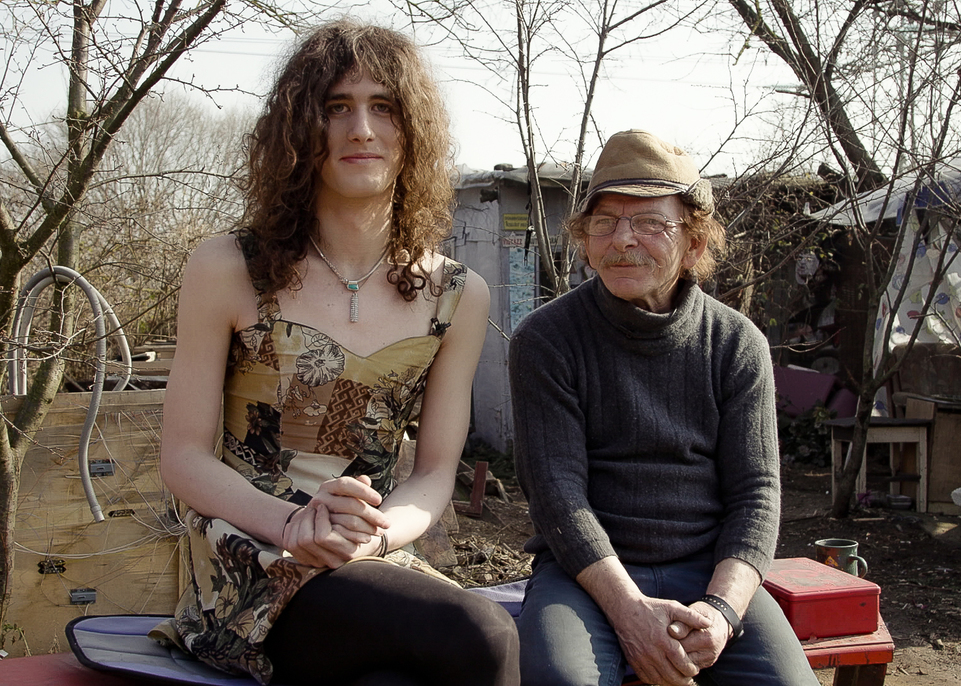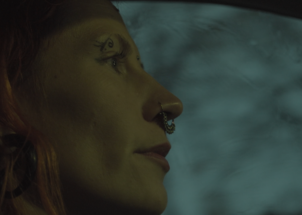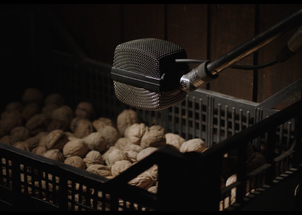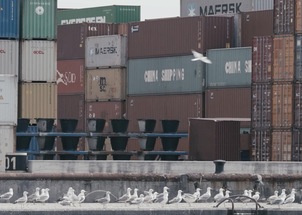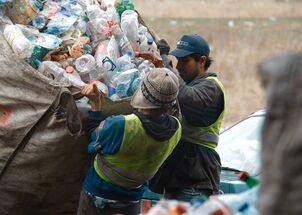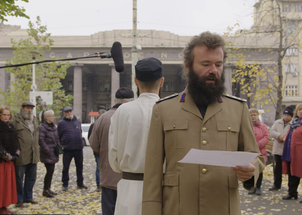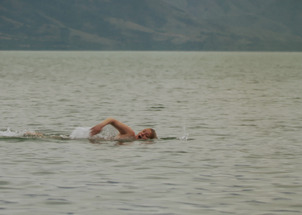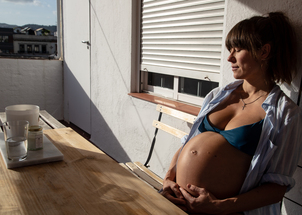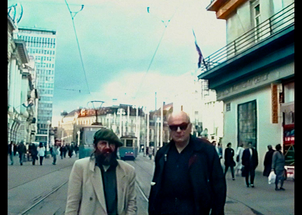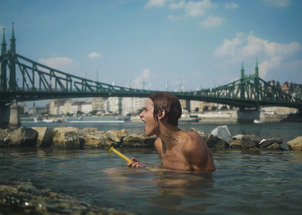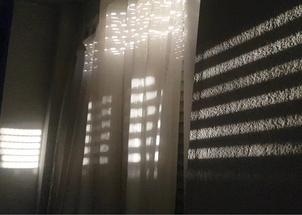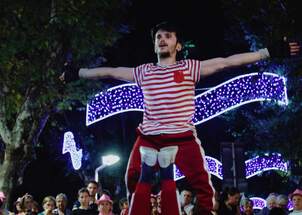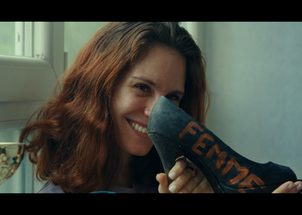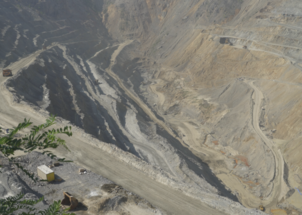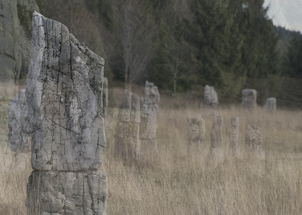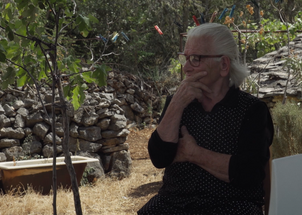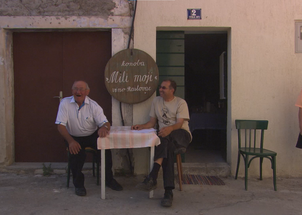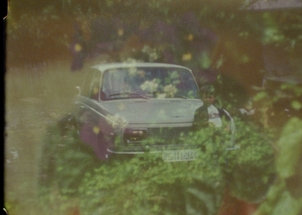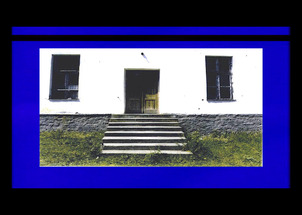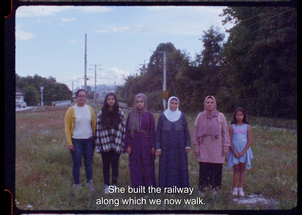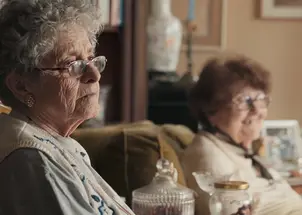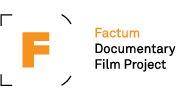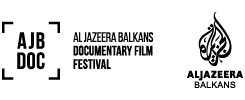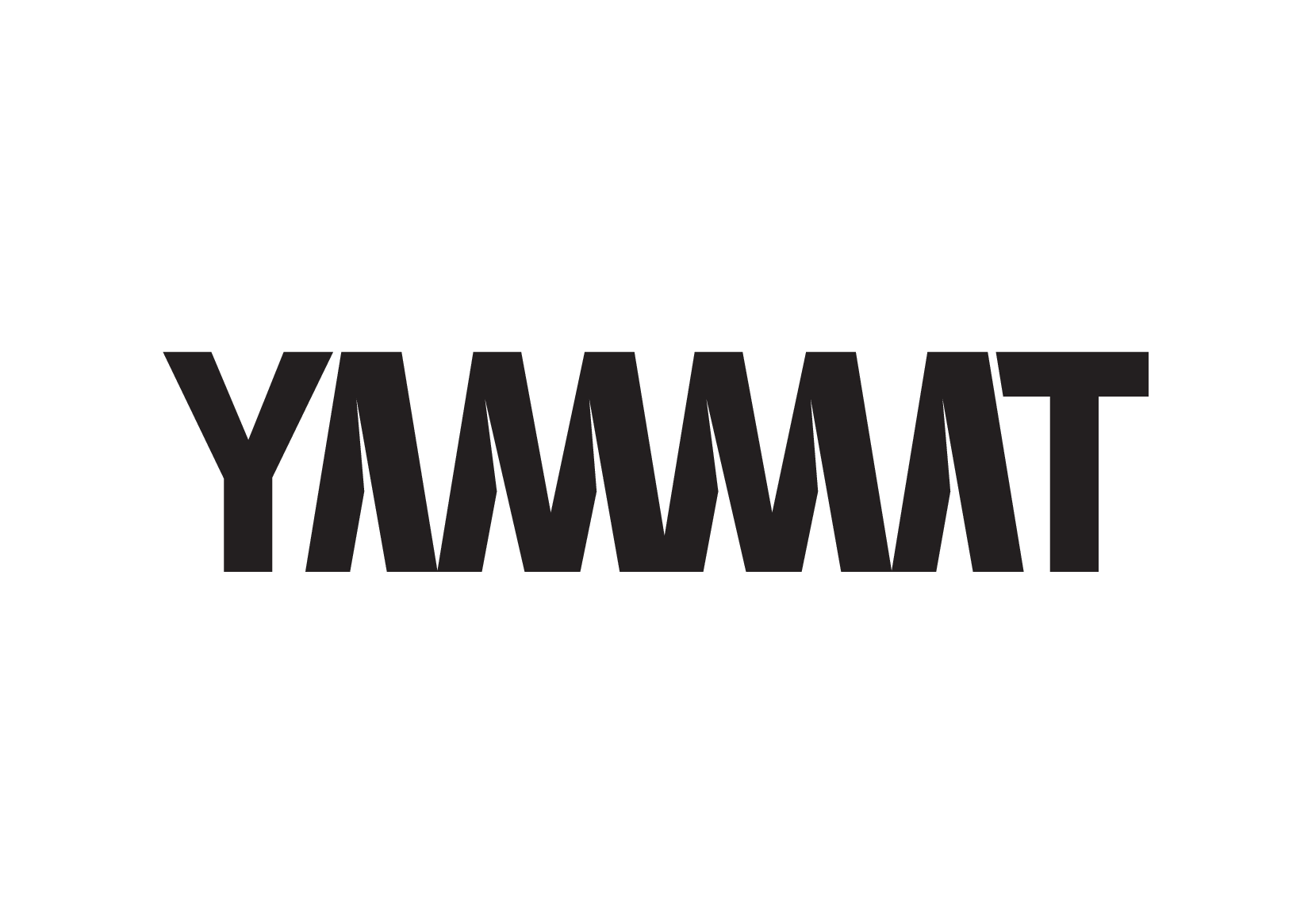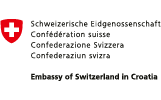Regional Competition – A Creative Tsunami!
5.4.2024.
The 20th ZagrebDox will not only be remembered for the films from all over the world, but also for those that come from us, around us. Which come from the region.
The life of films from small cinemas happens in waves. Rarely a national cinema arises before the eyes of the public every year in large numbers, in high-quality lights on the screen. What is interesting about this year’s ZagrebDox Regional Competition is the almost tsunami of Croatian majority and minority productions. More than sixty submissions were received in the selection period from Croatia alone! A number the organisers did not hope for, a number that immediately meant that at the end of the day there would be more unhappy than happy filmmakers. But that’s why those selected can be sure of one thing: they are rightly in the Regional Competition of the celebratory 20th ZagrebDox!
Twenty-one films, twenty-one documentary stories immersed in the flavour of the reality we know very well. The Hungarian Cabin Pressure by Eszter Nagy and Sára Czira will have its world premiere at ZagrebDox and feature an insight into the world of Heni and Andrey. Although Heni and Andrey face many challenges, some of which stem from cultural and age differences, their determination to succeed as a family never falters. It is an intimate portrait of new co-parents and their unusual model of family life. From a new, young life to the afterlife! The film Arsenie. An Amazing Afterlife explores idolatry and the need for steadfast faith, gently showing how facts fail to sway the religious. At the same time, in Alexandru Solomon’s documentary, we clearly see how the need for faith can easily be exploited by the market and the extreme political right.
Two majority Serbian productions, Bottlemen and Flotacija, already with their initial letter in the title, seem to belong in the same sentences. However, it’s not just about the initial letters – it’s also about the content! In Flotacija, Eluned Zoë Aiano and Alesandra Tatić focus on a Serbian town known for magical practices and supernatural beings that is being destroyed by an ever-expanding copper mine. Conflicts between nature/tradition and industry/modernity shape the lives of a family whose fate is tied to both identities and which does its best to ensure the survival of local culture. Bottlemen, on the other hand, turn to another, more ancient culture, but also to our everyday life. On the outskirts of Belgrade, over the remains of the ancient Vinča civilization, lies one of the largest landfills in Europe. What was once the cradle of European civilisation is now a mirror of a modern lifestyle driven by overconsumption. Director Nemanja Vojinović was awarded the Heart of Sarajevo for his work.
In Sarajevo, Berlin and Belgrade, the next title of the ZagrebDox Regional Competition was awarded. Silence of Reason, a forensic video essay by director Kumjana Novakova, uses mainly the written testimonies of women raped and abused during the war in Bosnia to explore the collective memory of rape camps. Less disturbing, but certainly moving, is the Albanian Another Day by Eneos Çarka. After many years of joint performances on the streets of Italy, the lives of the two artists take different paths. With a bold portrait, the director deepens our empathy towards these individuals from the margins of society by showing us their scars from childhood.
Newsreel 242 – Sunny Railways by Nika Autor takes us to another time, even space. Youth work actions were an integral part of the life of socialist Yugoslavia. One of them built the Šamac–Sarajevo railway in 1947. A newsreel from that period shows them building it in just seven months. The railway was damaged during the war in the 90s, and the last train passed through it in 2011. Another film comes to us from Slovenia, Body by Petra Seliškar. The film combines intimate conversations, personal archives and creative visuals to explore the mysteries of the human body with the help of art and friendship, while at the same time taking us on a stormy journey towards healing and self-acceptance of the main protagonist Urška Ristić. Just like KIX, Body is a Croatian minority co-production. KIX comes from Hungary and is directed by Dávid Mikulán and Bálint Révész. KIX is a 12-year cinematic odyssey that follows Sanyi’s transformation from a rebellious street kid in Budapest to a disillusioned young person. The film stemmed from the director’s unusual friendship with Sanyi and documents the evolution of the protagonist’s life marked by family struggles, school issues and the weight of the fatherly role he had to assume when his sister was born. The co-production streak including Croatian filmmakers ends with Gergo Somogyvári’s Fairy Garden. On the outskirts of Budapest, in the very heart of the forest, hides a dilapidated cabin surrounded by ruins and waste. Two social outcasts live in it, extremely connected: 19-year-old transgender teenager Fanni, who was thrown out on the street by her family, and 60-year-old homeless Laci, who accepted her as she is. For four years, they have been living under the same roof as father and daughter, and on the margins of Hungarian society, life is difficult, but at least it is theirs.
And now for the Croatian ranks!
It is a rare festival situation that one filmmaker competes with as many as two films in the same competition. The filmmaker is Ivan Faktor, who recently passed away, and his two films are Pain and Triangle Straight Line Point. Pain had its world premiere in Rotterdam and follows the last days of the author himself. After the diagnosis of Parkinson’s disease and the initial fear of the development of symptoms, Ivan Faktor decided to visualise his illness by recording himself, his wife, the yard, the street, the studio, and above all the light attractions in the interior space with a mobile phone camera. Triangle Straight Line Point is the world premiere, an experimental documentary film that summarises in one short, compressed breath the eruption of uncensored, uninhibited statements, speeches, actions and joint impressions of the three protagonists, performed without a solid plan and structure. They insist on spontaneity, anarchy, civil disobedience and the right to free speech. From the Rotterdam festival screens, Ana Hušman’s I Would Rather Be a Stone is coming to ZagrebDox. Through the protagonist Mala Jela, the film recounts the events that marked a generation and determined the future of the landscape of Lika, a neglected and sparsely populated part of Croatia. Observing the landscape and the models of coexistence between living and non-living beings, the director examines how memories are built and how narratives emerge and disappear.
Renata Poljak’s new film, Woods that Sing, will also have its world premiere. It is formed around four stories, four women, and combines visually impressive segments with testimonies of female partisans. The 68-minute documentary searches for hidden feminine principles, forms and meanings in the stories we know, think we know and have yet to find out. And which it commemorates. Šime Strikoman, on the other hand, does not deal with monuments, but it is as if he himself created them with his camera. Igor Mirković’s film Beautiful Lovely People will for the first time illuminate the big ZagrebDox cinema screens, but also the lives of Strikoman’s kind-hearted models: the last generation of analogue people living in small towns on the edge of Europe.
Katarina Lukec comes to the festival with the film Breadcrumb Trail, in which she follows the lives of the inhabitants of majority-Serbian villages from the Knin area, whose population was exiled after the military-police operation Storm. At some point, they decided to return home – where they were born and raised. Today, some other people are fleeing Croatia. Lucija Brkić filmed them in her short documentary In Transit. The city of Rijeka serves as a transit station for groups of migrants fleeing to a new life. In anticipation of the next stage of their journey, they stay at the railway station. There they meet Tinka, a young woman who is fighting for better living conditions in that improvised residence and for their safe departure.
Anja Koprivšek filmed Grand Prize in which, under the auspices of the growing Zagreb ballroom scene, Teo, a young trans man in search of his place, finds support and inspiration in Valentina, a veteran of the scene and an experienced dancer. Rea Rajčić turned to completely different women! The film 1001 Nights tells the story of Ema (85) and Maja (80), the most faithful viewers and funniest critics of Turkish soap operas. Every evening for the last five years, they spend together watching Turkish series in Ema’s apartment in Split. This is a story about a microcosm that sometimes arises where we least expect it, when we need it the most. And about a friendship that started when everything else ended.
A Ship’s life has long ended. Or so we think... The Seagull by David Lušičić is a documentary essay depicting the last attempt to reconstruct the Seagull, the ship used by President Tito from the 1950s until his death in 1980. The Seagull played a crucial role in promoting the non-aligned movement and the idea of peace between the Eastern and Western blocs during the cold war. The film provides an insight into the unique everyday life of a sailor through the testimony of an officer from his last voyage. And finally, something that might help many people in Zagreb! The film Deep Tones by Igor Ilić is a story about healing the psychological trauma caused by the Zagreb earthquake in March 2020 for sound engineer and musician Božo Ilić. Božo is a resident of Markuševac, the place where the epicentre of the earthquake was. Trying to face the trauma, with the help of subwoofers he tries to recreate the earthquake and overcome his feeling of fear.
The last film is only for those who are ready, only for those who are determined! Almost like the entire Regional Competition of this year’s ZagrebDox, which is a real creative documentary tsunami!

